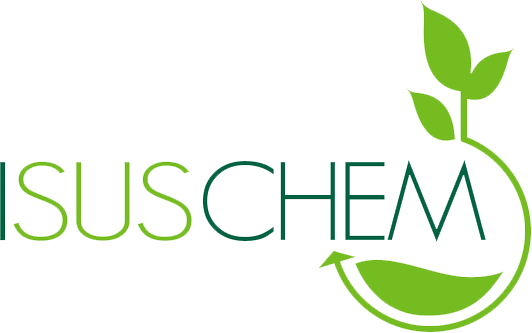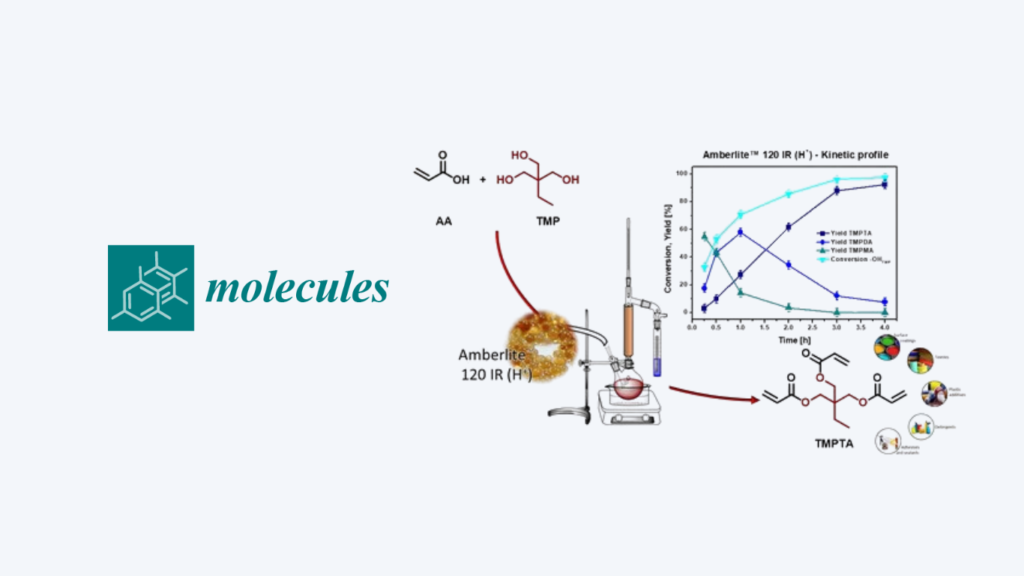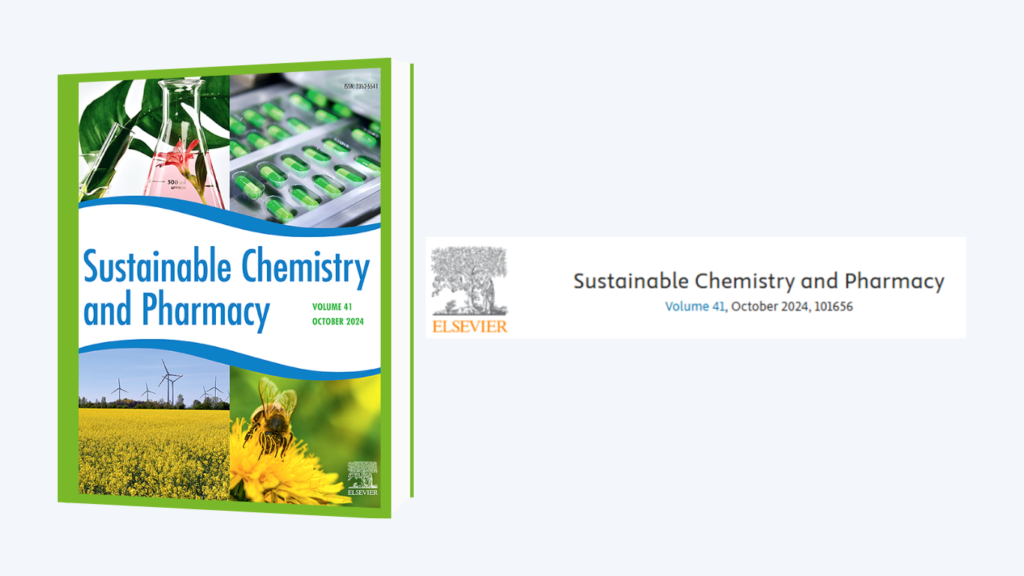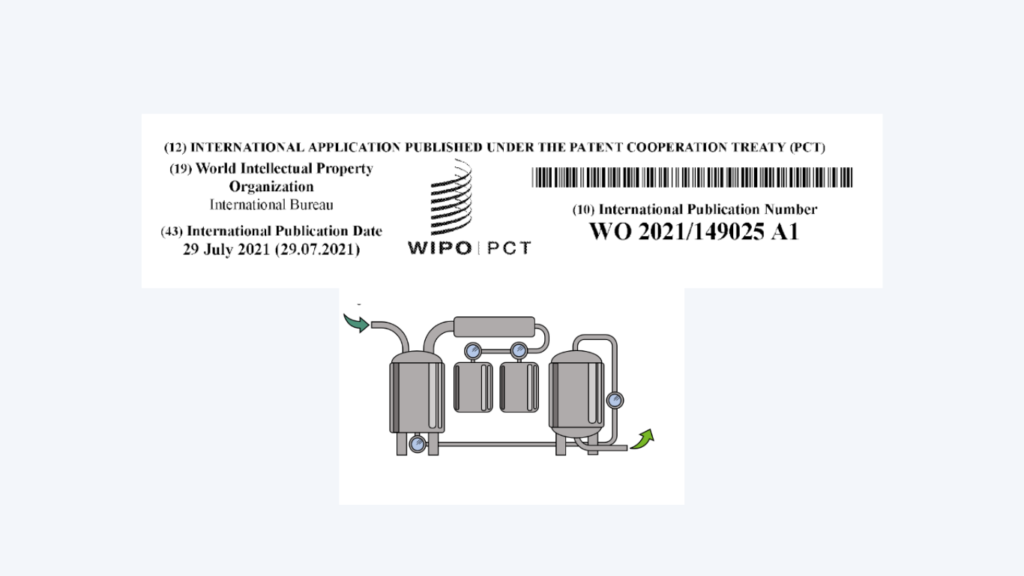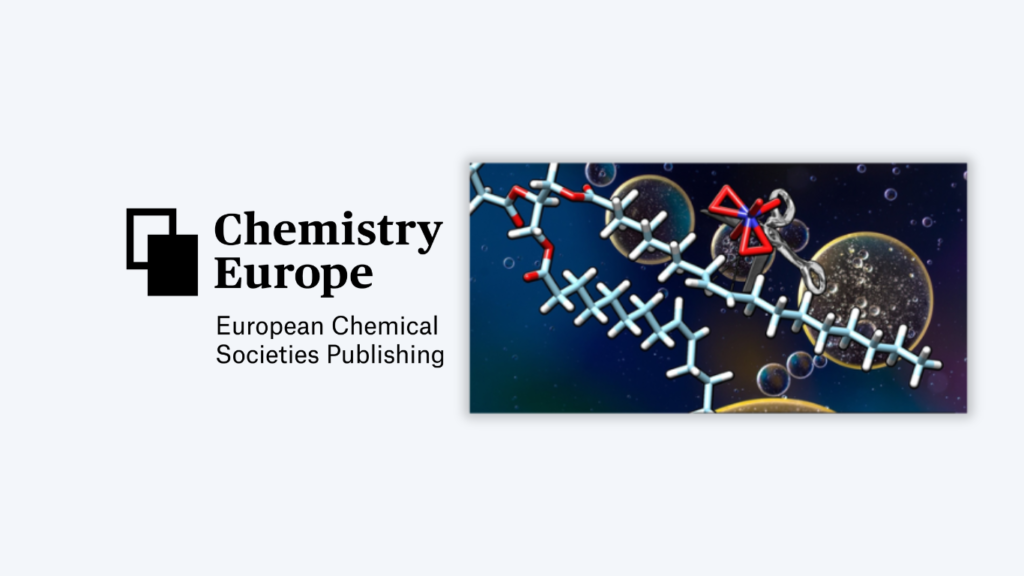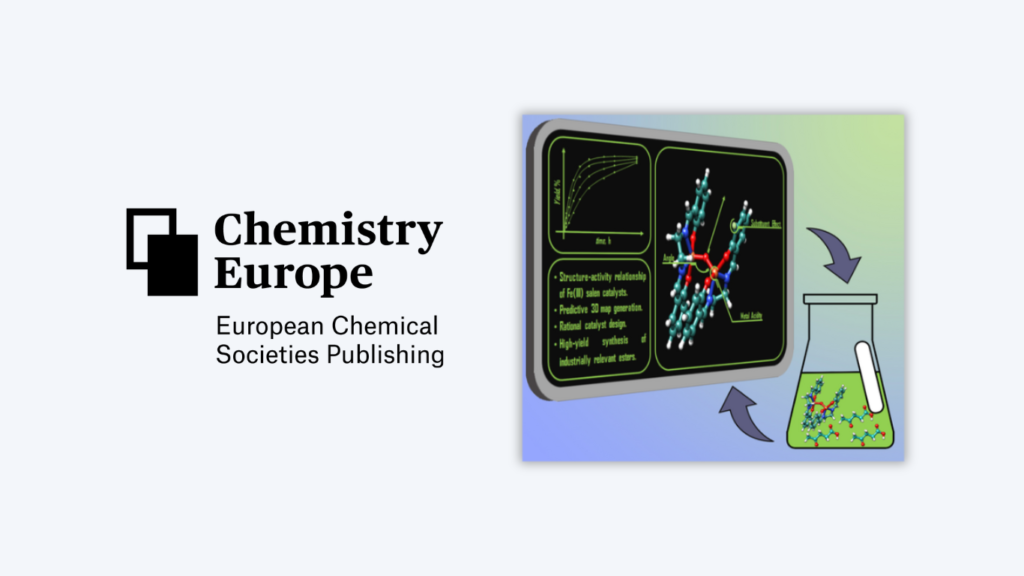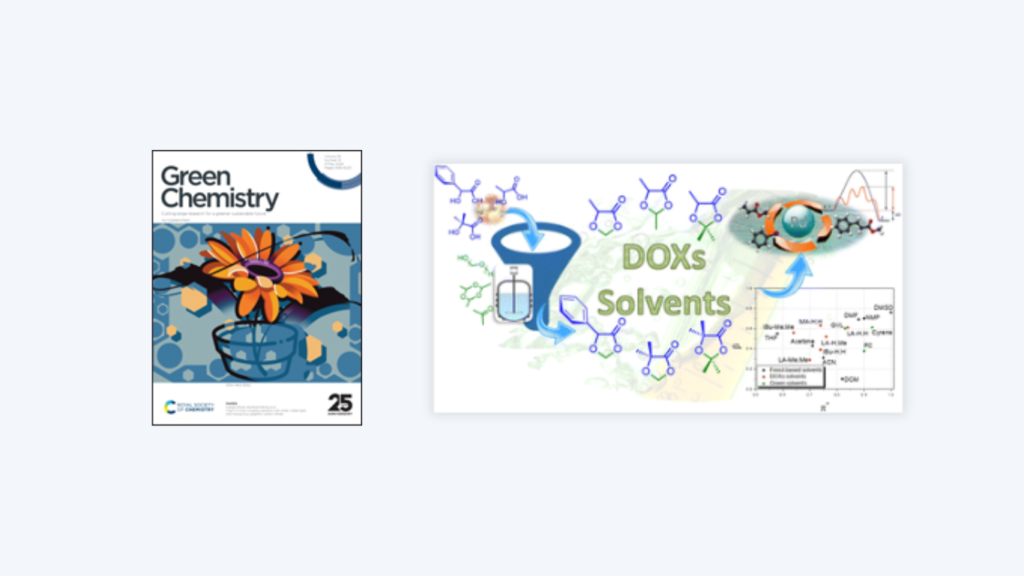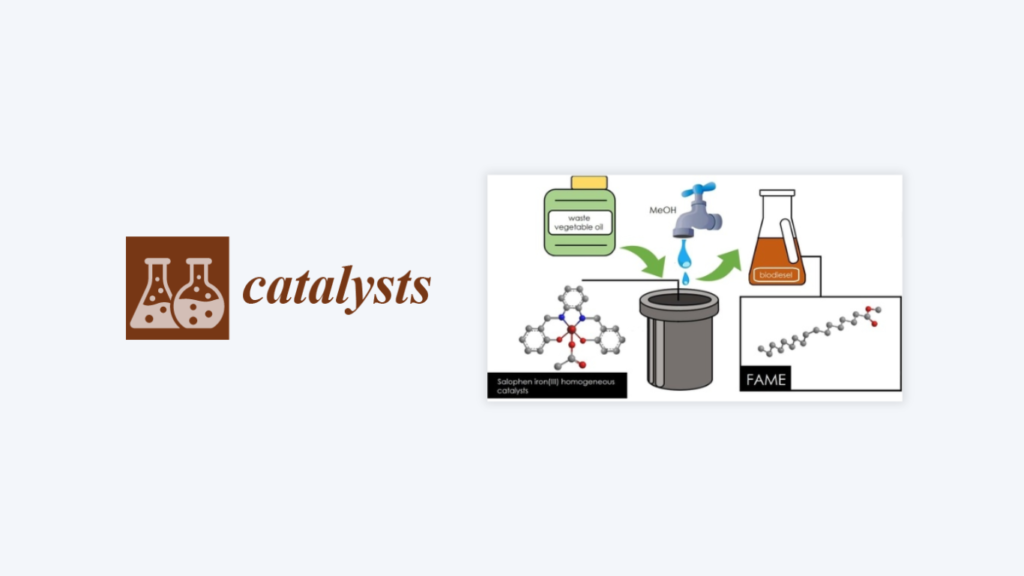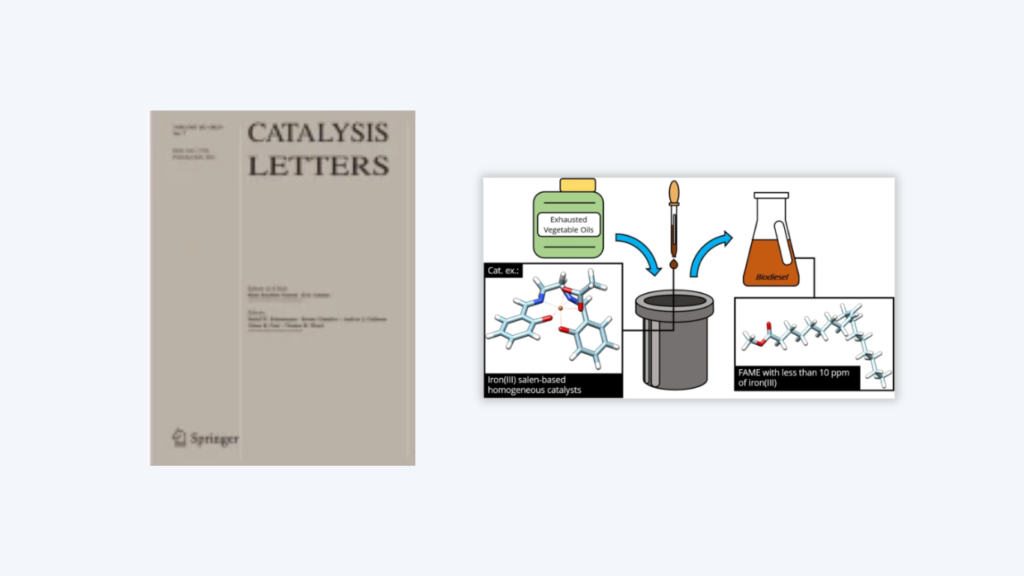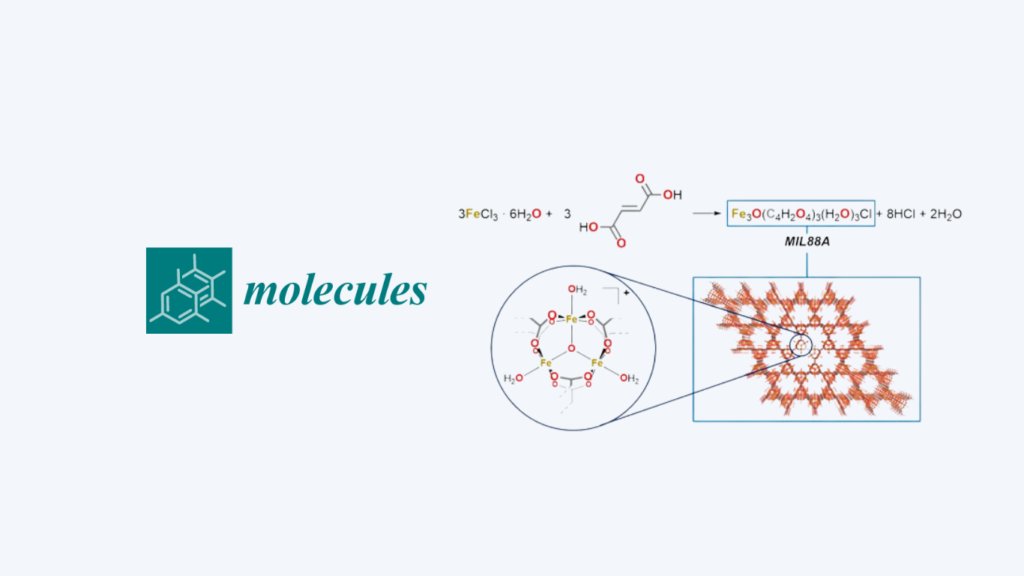Acrylic acid esters resulting from its reaction with polyalcohols have great relevance in many application areas, such as in the formulation of plastics, adhesives and paints. Their preparation is laborious due to the chemical properties of acrylic acid, which tends to spontaneously polymerize resulting in undesirable products. This paper describes the preparation in high yields of an ester by a convenient catalytic procedure that allows solvent exclusion and catalyst recycling.
Tag Archives: Disclosure and Research
Glycerol is a biodegradable, nontoxic, nonvolatile, and water-soluble liquid, qualities that make it valuable in various applications. It is currently obtained as a by-product of biodiesel production in quantities of millions of tons per year. Therefore, to make biodiesel production sustainable, its full potential must be exploited. This review describes its fruitful use as a solvent of relevant synthetic importance.
Solvents are indispensable components of chemical manufacturing. Traditional ones are derived from depleting fossil sources and are often flammable and harmful. These articles describe green solvents derived from waste cellulose, and their application in chemical reactions and modern energy storage devices, such as batteries and supercapacitors.
This patent was the launching pad for Isuschem to start industrial production: it claims the green invention to convert fractions of waste vegetable oils into ingredients for many applications. The methodology produces no by-products, has simple processing, and allows recycling of the zinc-based catalyst.
Used frying oils are not a waste, but an important source of raw materials. This paper describes the invention of a green catalytic method to prepare useful compounds for obtaining biodegradable plastics and innovative solvents from frying oils.
Important raw materials are obtained from waste pulp from the wood and paper industry. These include levulinic acid, from the processing of which we obtain fuel additives, plasticizers and cosmetic ingredients. These articles describe sustainable methods for their preparation by convenient iron(III)-based catalysts.
Solvents are indispensable components of chemical manufacturing. Traditional ones are derived from depleting fossil sources and are often flammable and harmful. These articles describe green solvents derived from waste cellulose, and their application in chemical reactions and modern energy storage devices, such as batteries and supercapacitors.
Frying oils as feedstock for biofuels: these articles describe sustainable methodologies for preparing biodiesel from domestic or catering frying oils. The use of inexpensive and highly available iron-based catalysts returns the biofuel in high quantities without the need for purification or sophisticated manipulation.
Frying oils as feedstock for biofuels: these articles describe sustainable methodologies for preparing biodiesel from domestic or catering frying oils. The use of inexpensive and highly available iron-based catalysts returns the biofuel in high quantities without the need for purification or sophisticated manipulation.
Important raw materials are obtained from waste pulp from the wood and paper industry. These include levulinic acid, from the processing of which we obtain fuel additives, plasticizers and cosmetic ingredients. These articles describe sustainable methods for their preparation by convenient iron(III)-based catalysts.
- 1
- 2
